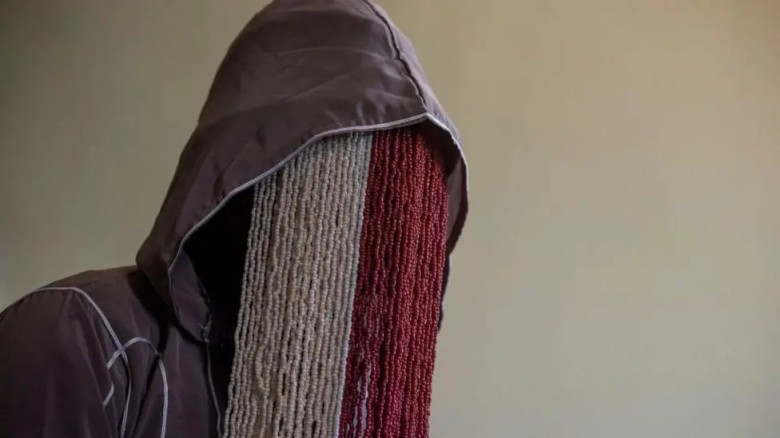Trump Administration’s NIH Funding Cuts Spark Outcry from Higher Education Leaders
The Trump administration has announced a significant reduction in federal research funding, a move that university leaders say is part of a broader effort to weaken higher education. The newly imposed cap limits “indirect funding” from the National Institutes of Health (NIH) to 15%, a critical source of financial support that keeps research facilities operational across the country.
“This is a devastating proposal,” said Neil Rudenstine, former president of Harvard University and provost at Yale University. Rudenstine, author of Our Contentious Universities: A Personal History, warned that if implemented, the cuts could have disastrous consequences for American research and higher education institutions.
The cap could result in a staggering $4 billion reduction in research grants, a measure the Trump administration frames as a budget-saving initiative. However, the move has already triggered lawsuits, hiring freezes, and widespread condemnation—including from some Republicans, who have described the cuts as “drastic.”
Rudenstine compared this threat to the ideological crackdown of the 1950s McCarthy era, when universities were accused of harboring communists. “That was a very tough time,” he said. “But of course, [McCarthy] was not the president.”
Broader Attacks on Higher Education
Many academics view these cuts as part of a broader Republican assault on higher education. From Florida Governor Ron DeSantis’s “hostile takeover” of the New College of Florida to Senator J.D. Vance’s assertion that professors are “the enemy,” conservative figures have frequently targeted universities, particularly on issues related to diversity, equity, and inclusion.
Lynn Pasquerella, president of the American Association of Colleges and Universities, argues that the attacks go beyond financial cuts, describing them as an effort to undermine academic freedom and institutional autonomy. “Overturning decisions related to tenure and promotion, developing and imposing curricula based on Western ideologies, and rolling back protections for marginalized students all have a profound and lasting impact on American education,” she said.
Legal Challenges and Immediate Consequences
Federal courts have temporarily blocked the NIH cuts, pending lawsuits from 22 Democratic attorneys general and a coalition of higher education organizations. However, universities are already feeling the strain. Columbia University’s Vagelos College of Physicians and Surgeons, for instance, has implemented a freeze on discretionary spending, including hiring, travel, and events.
The NIH, the world’s largest funder of biomedical and behavioral research, has a $47 billion annual budget and plays a crucial role in medical advancements. Research funded by the agency has contributed to 386 of the 387 drugs approved by the FDA between 2000 and 2019 and has led to more than 100 Nobel Prizes. The NIH distributes over 60,000 grants annually to more than 2,500 research institutions across the country.
The proposed funding cap on indirect costs—expenses such as laboratory maintenance, utilities, and equipment—would force universities to divert resources from other disciplines, particularly the humanities and social sciences. “Campuses will struggle to sustain ongoing scientific research,” Pasquerella warned. “Often, this leads to cuts in other essential areas.”
A Controversial NIH Nominee
Adding to concerns over the future of scientific funding, Trump’s nominee to lead the NIH, Jay Bhattacharya, has sparked controversy. A Stanford University physician and health economist, Bhattacharya was a co-author of the Great Barrington Declaration, which opposed COVID-19 lockdowns. His past advocacy has made him a polarizing figure, and reports indicate he considered linking NIH funding to “academic freedom,” as defined by a libertarian think tank.
Bhattacharya was blacklisted by Twitter for his anti-lockdown posts before Elon Musk acquired the platform. Following Musk’s takeover, Bhattacharya was invited to Twitter headquarters. Despite his criticisms of the NIH, he has personally received $3.7 million in grants from the agency.
The Future of American Higher Education
For university leaders, the NIH funding cuts are more than just a budgetary issue—they represent an existential threat to higher education in the U.S. “Critics have made it clear that their intent is not to reform American universities,” said Pasquerella. “It’s to dismantle them.”









































































Leave A Comment